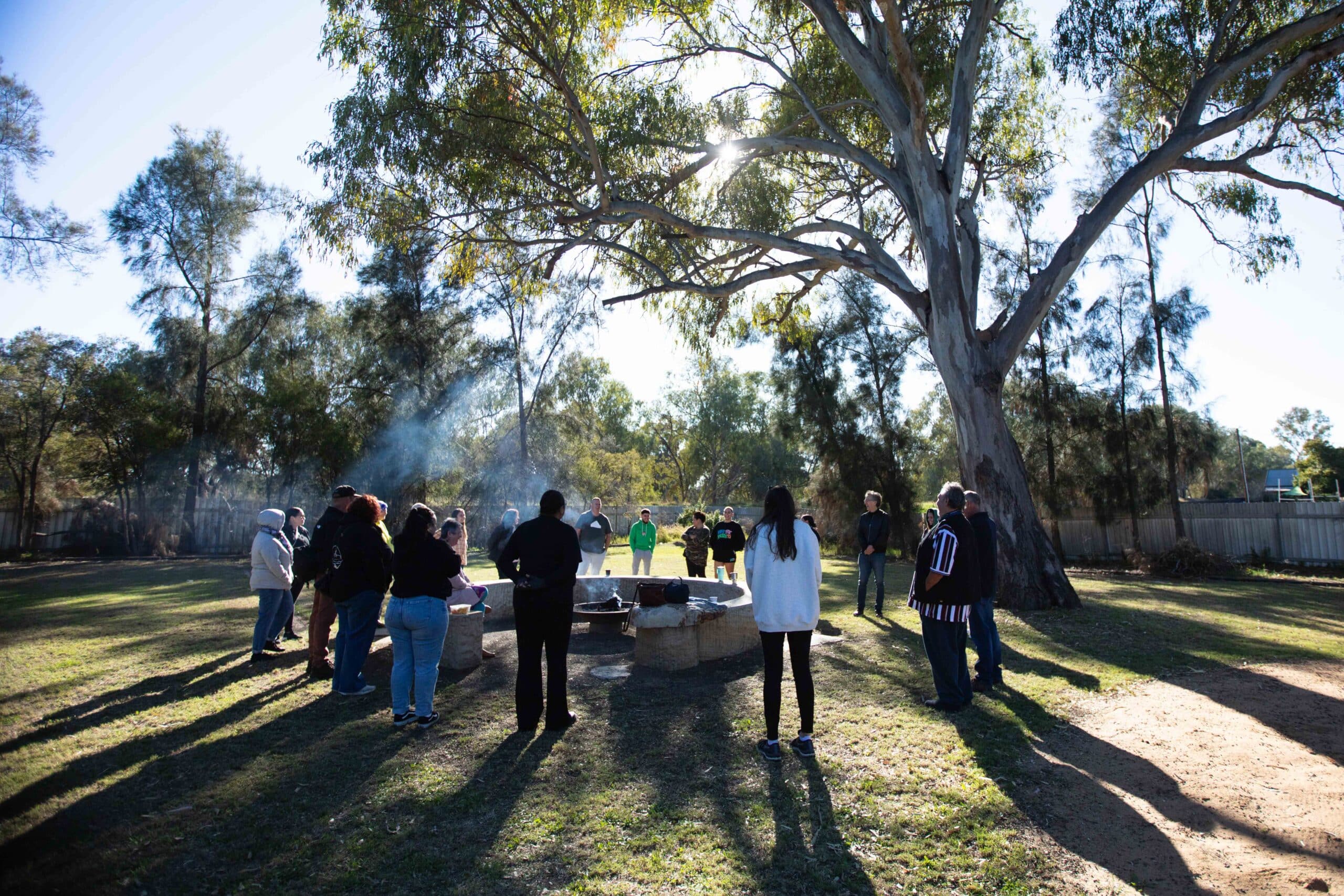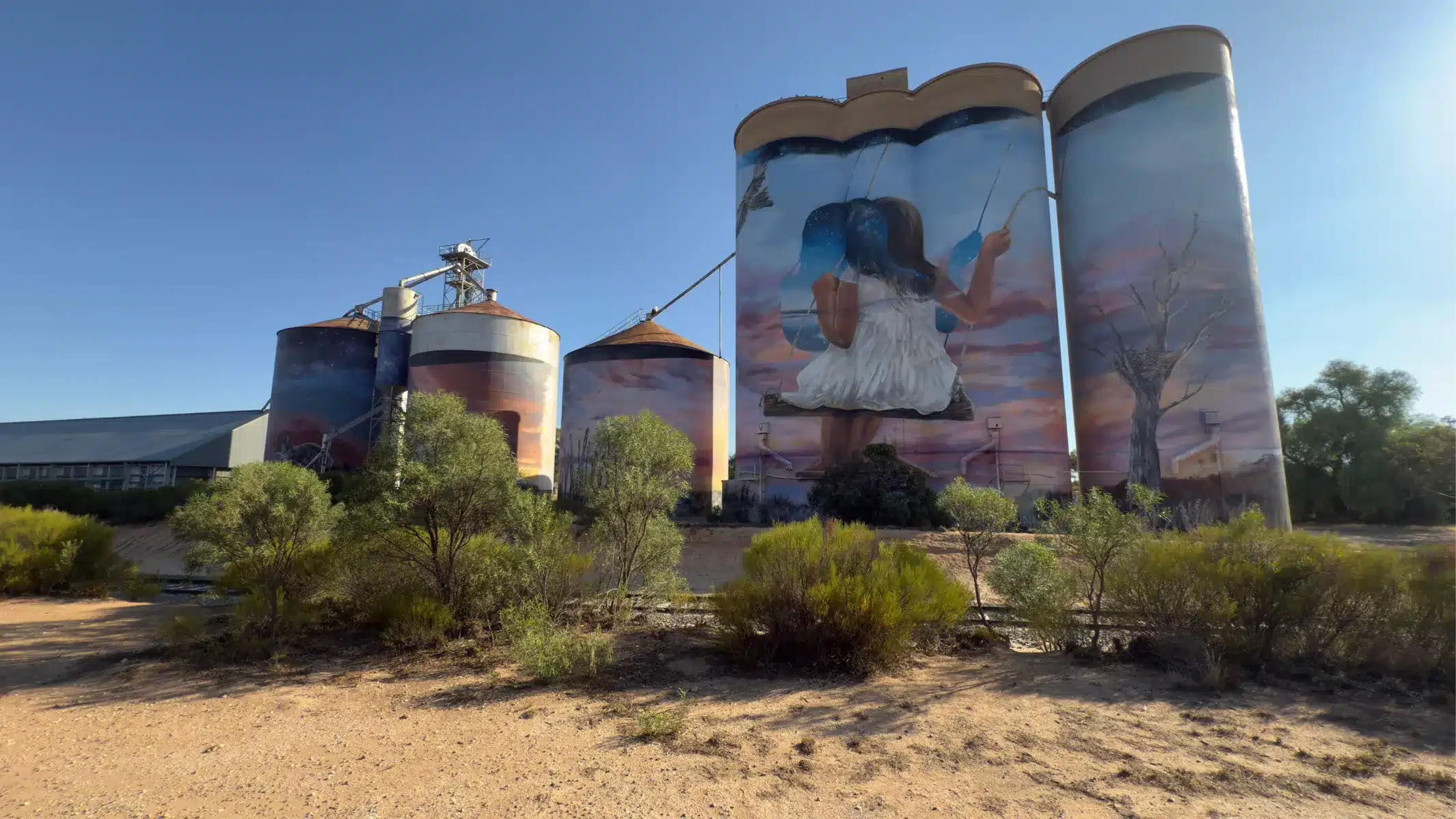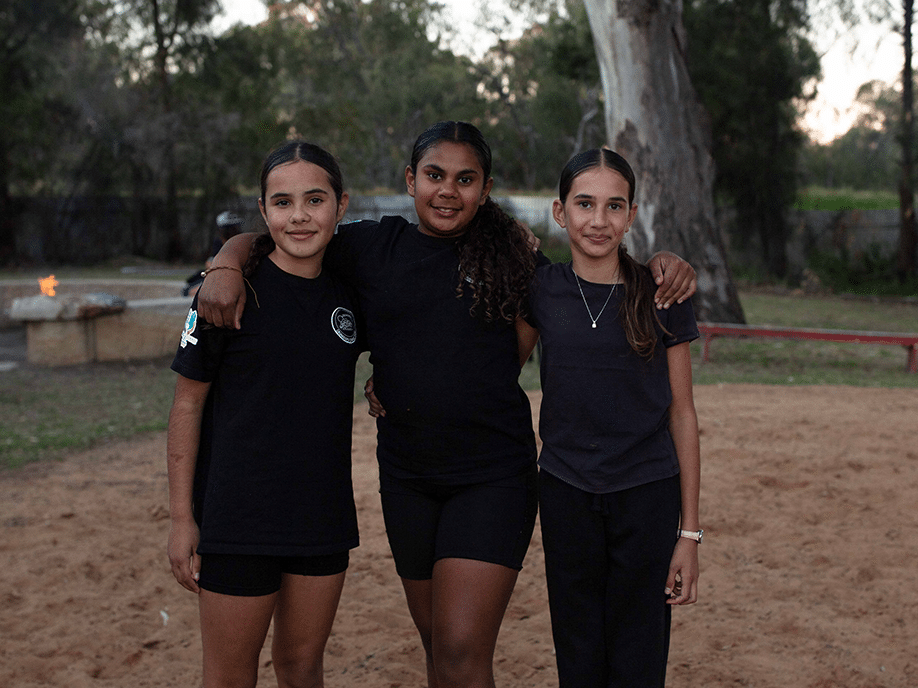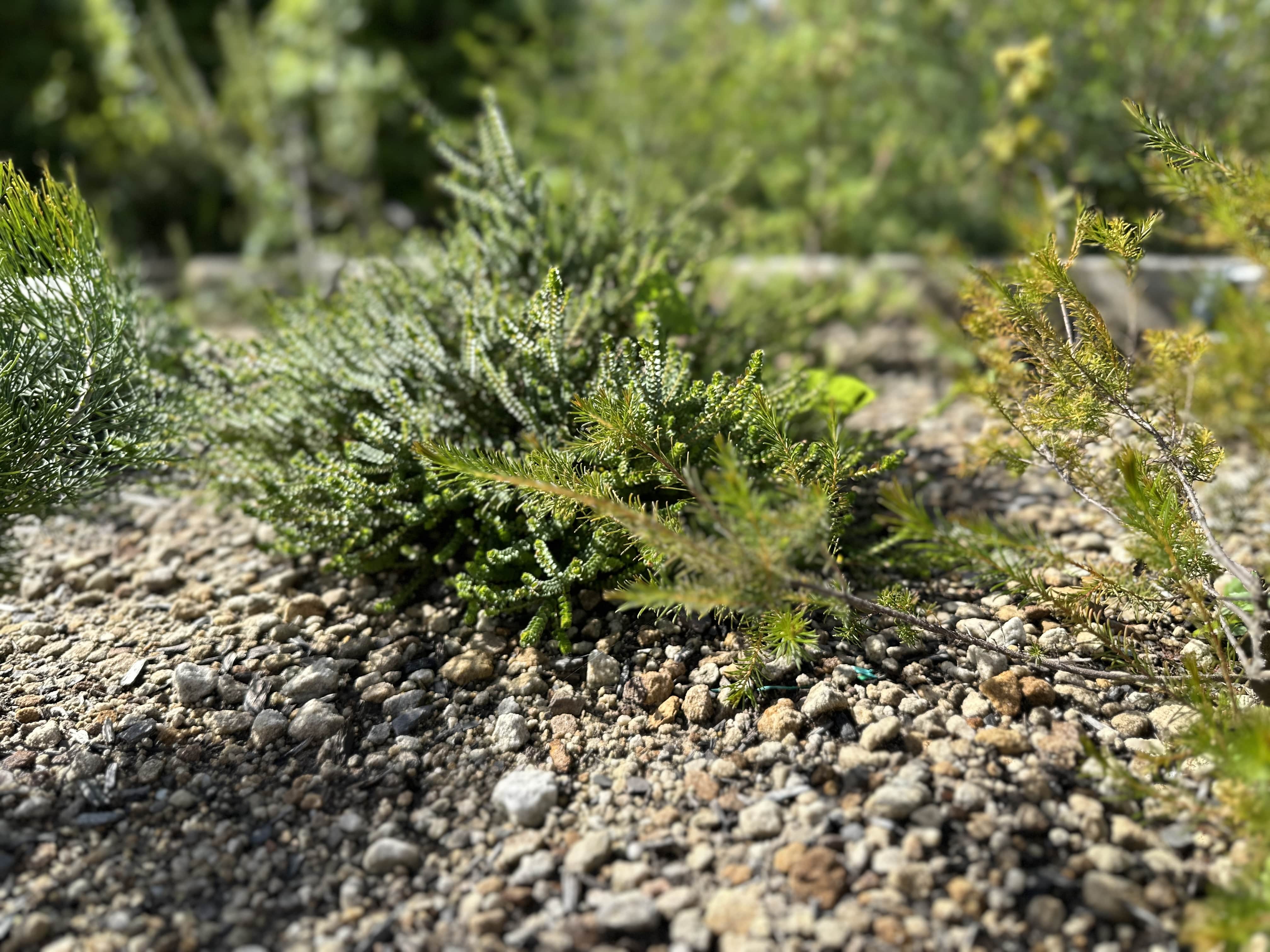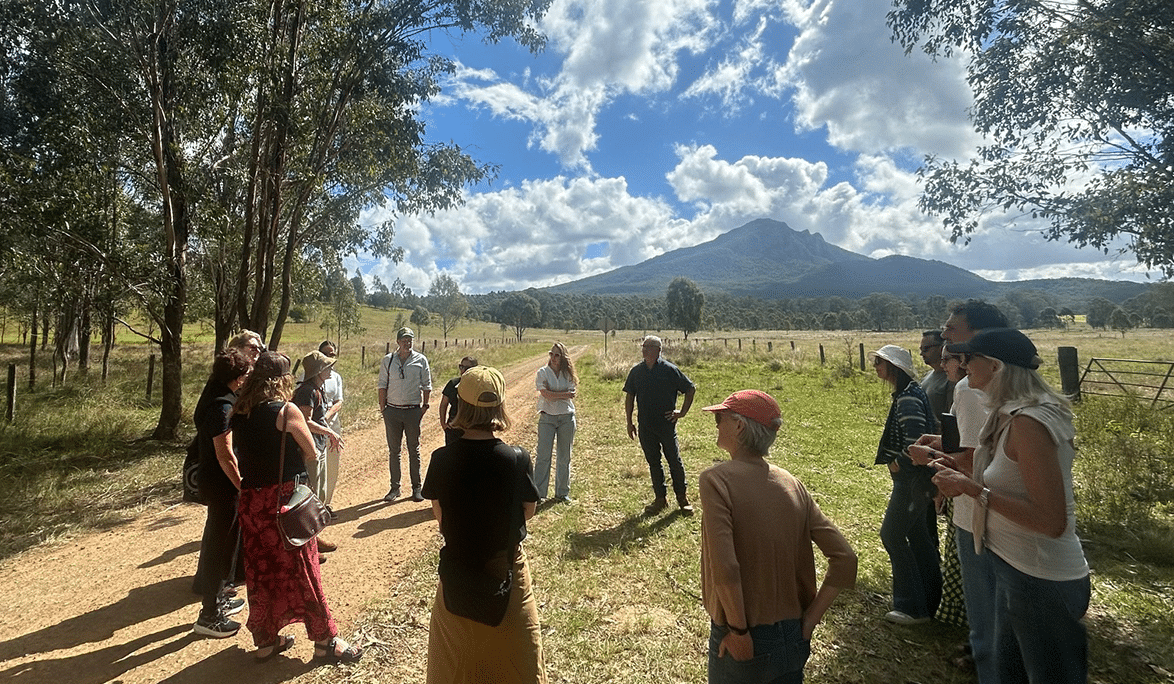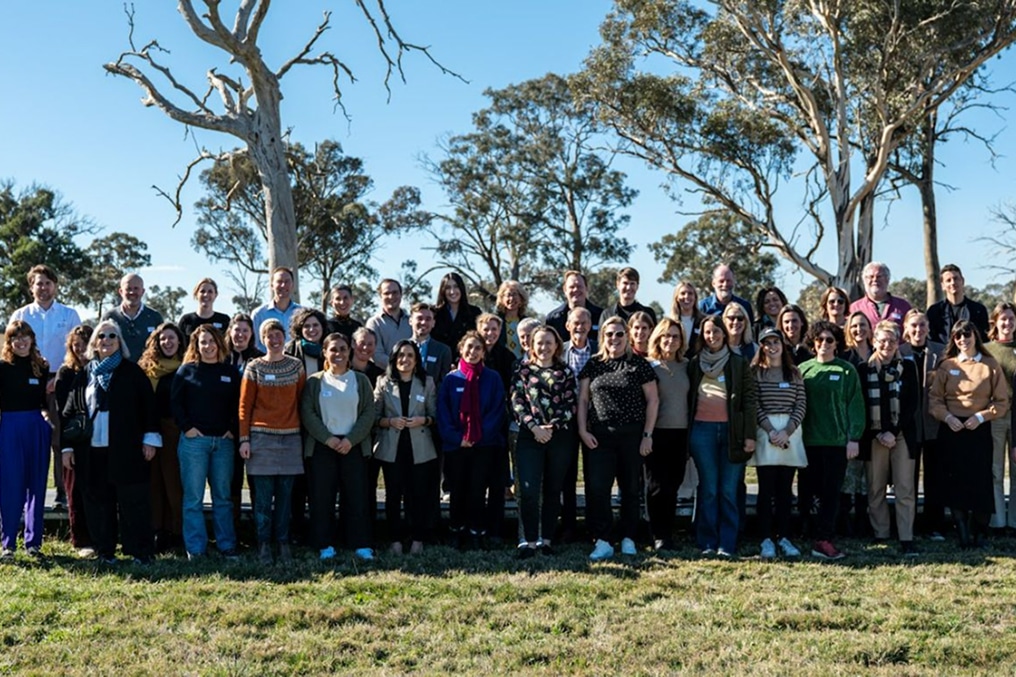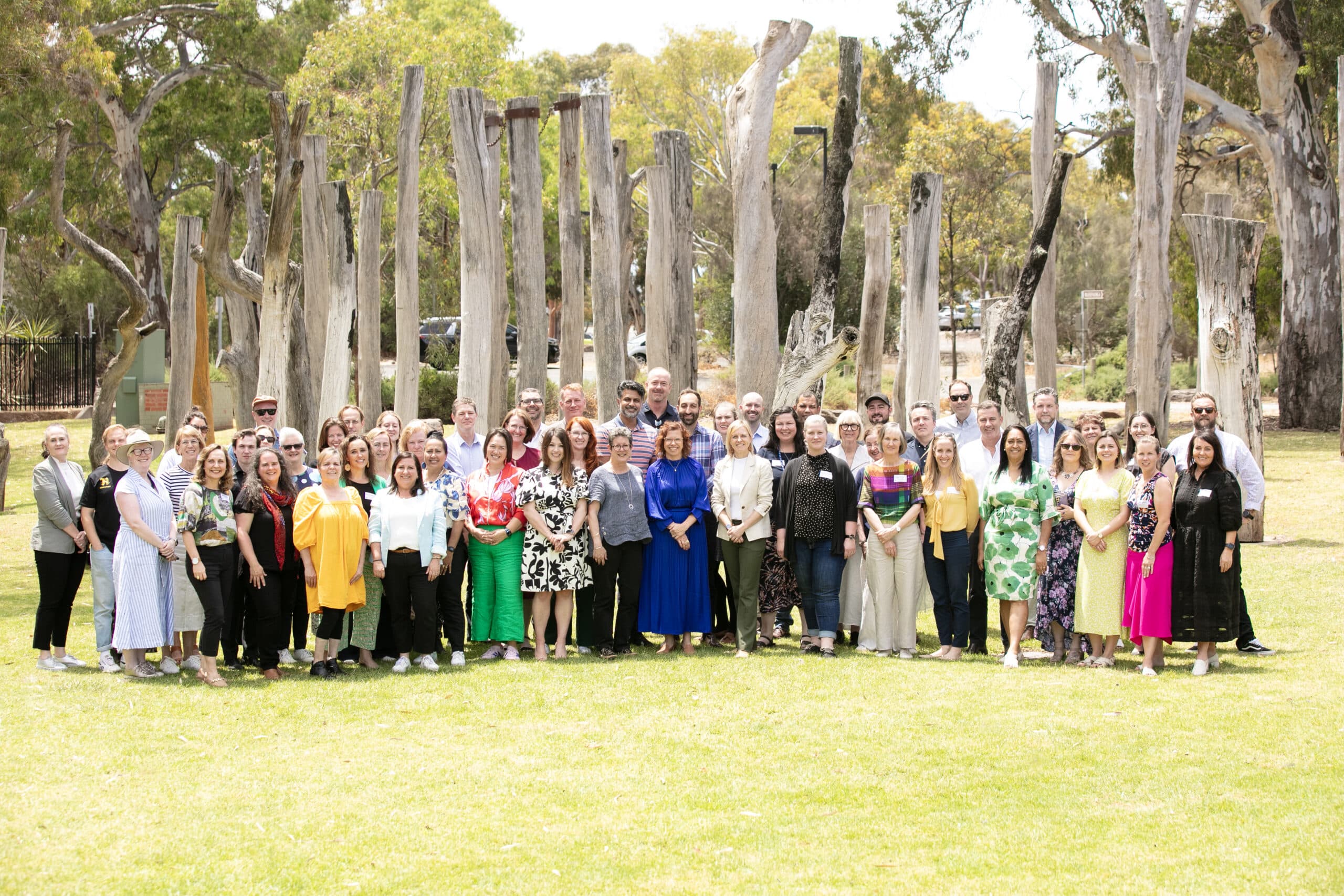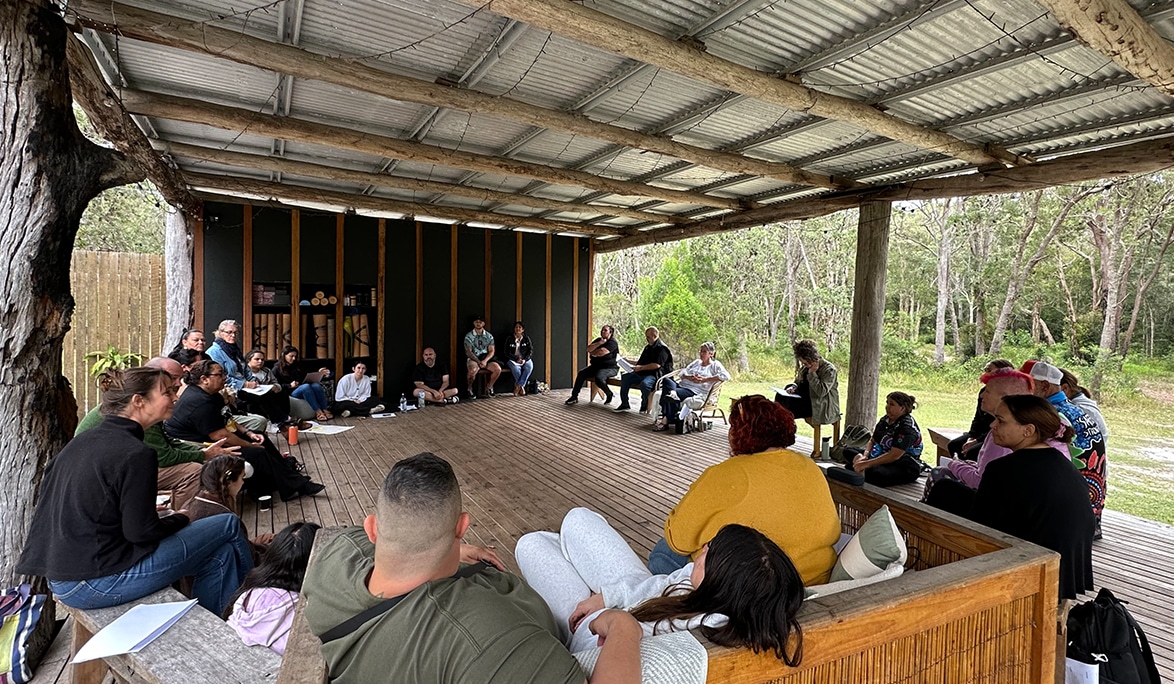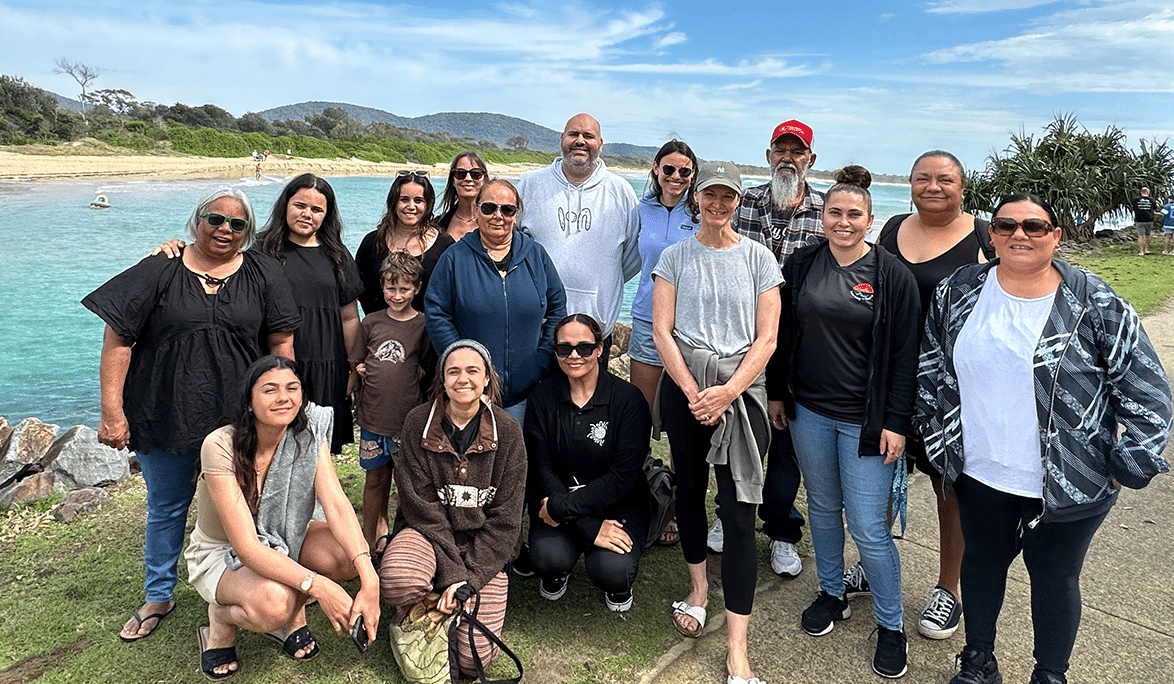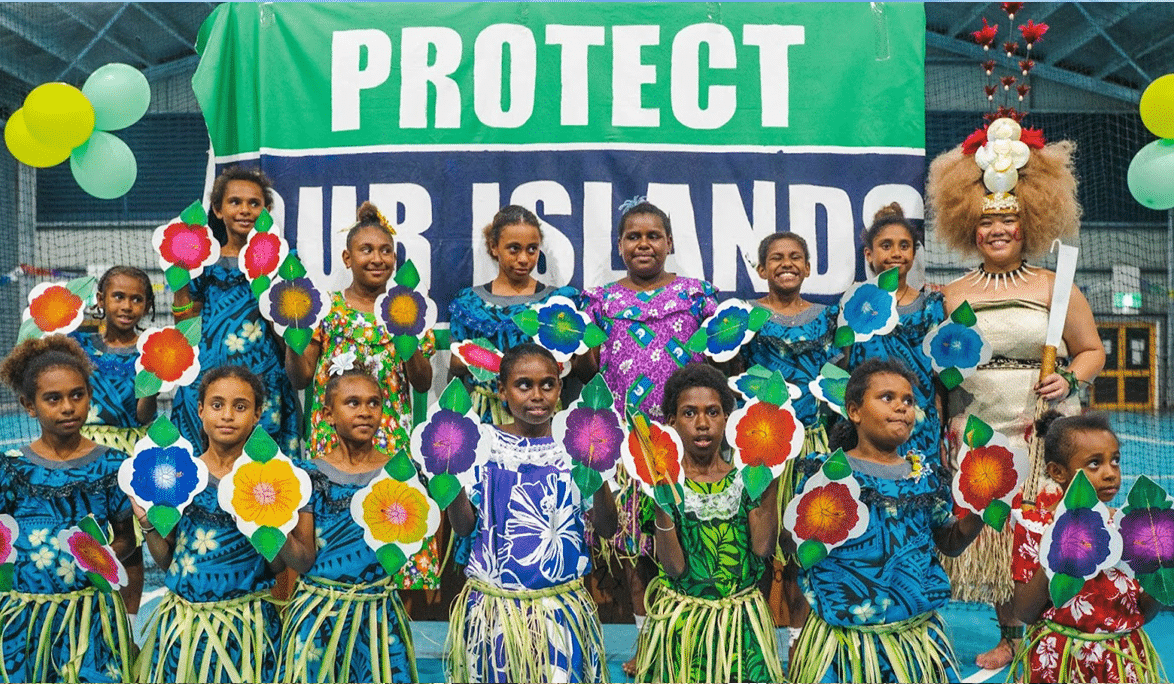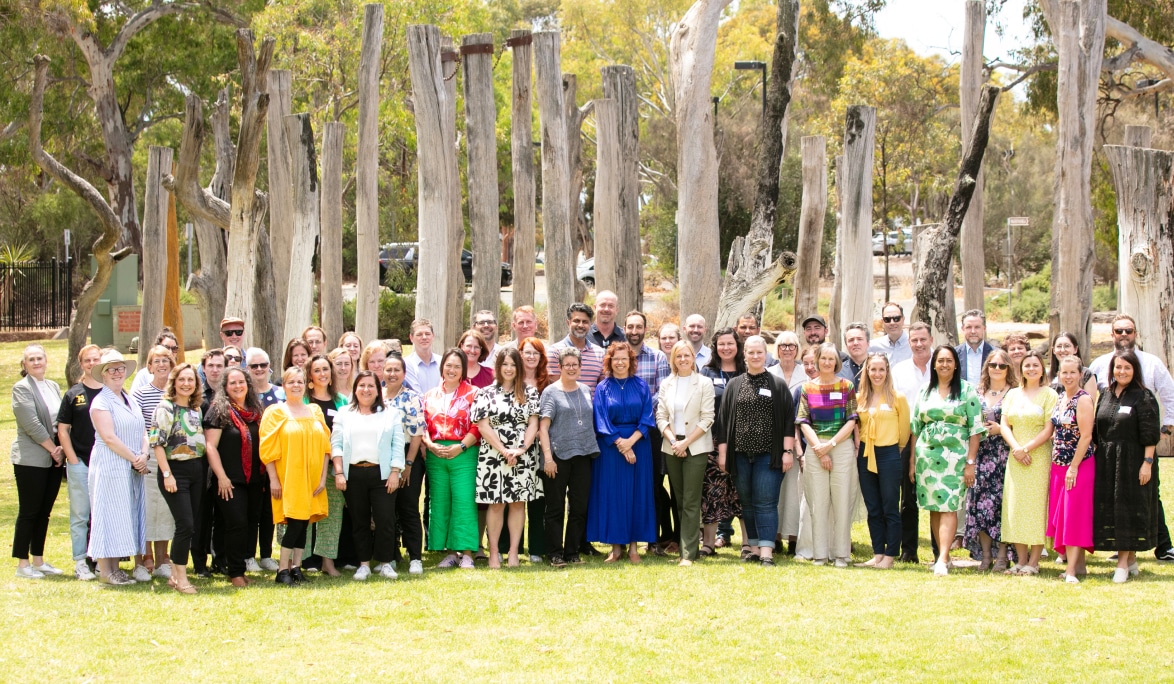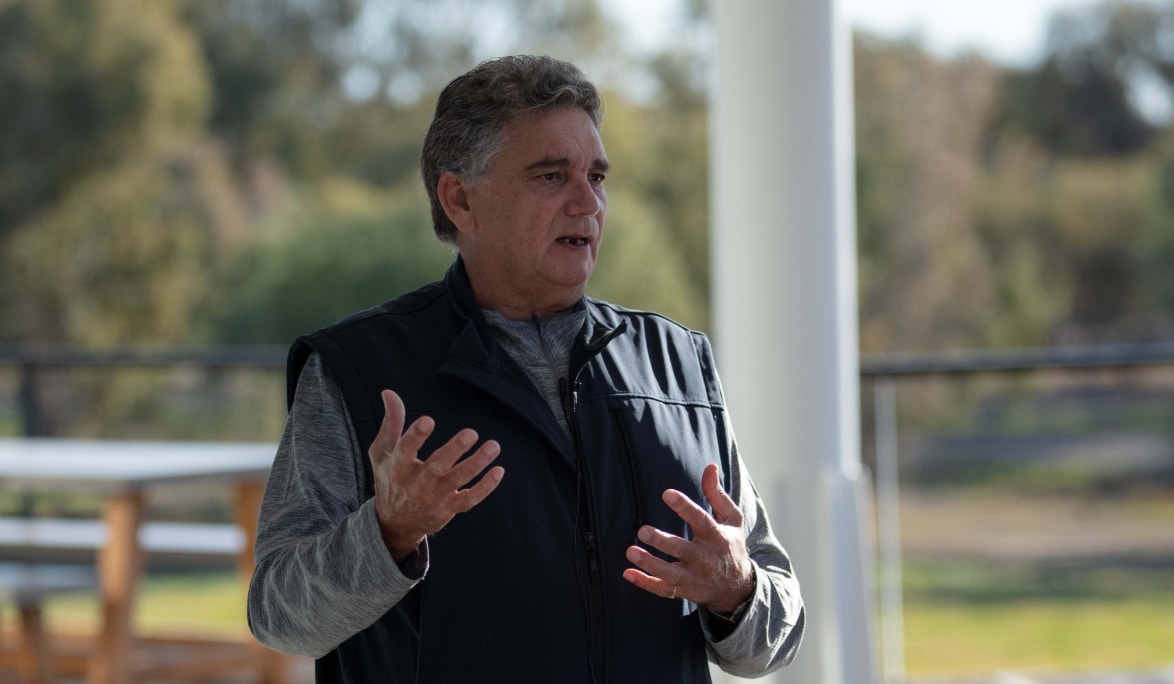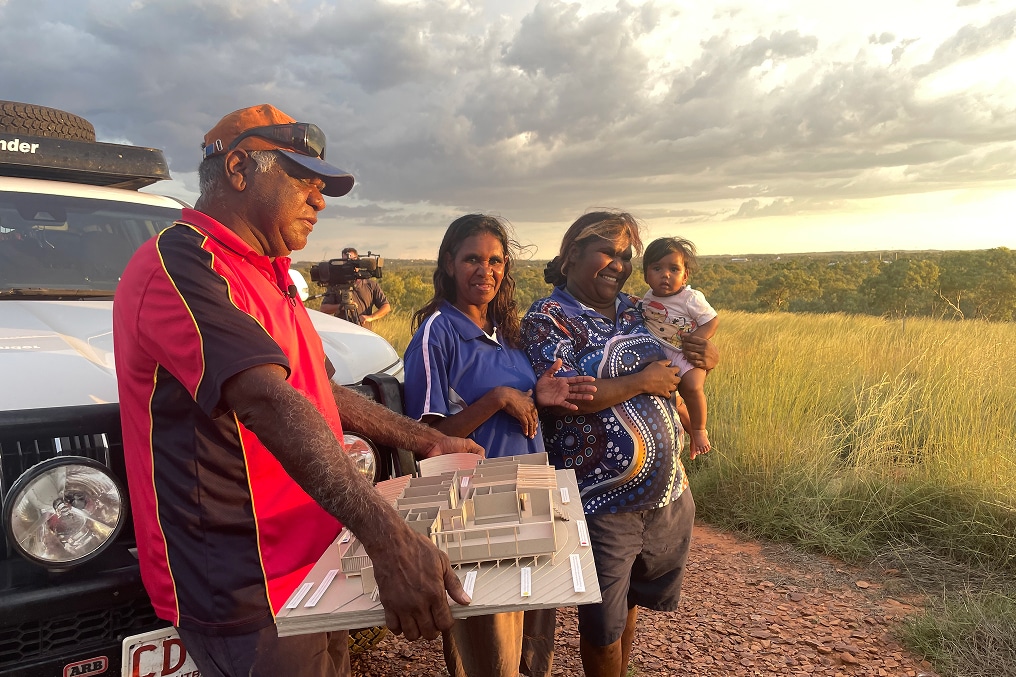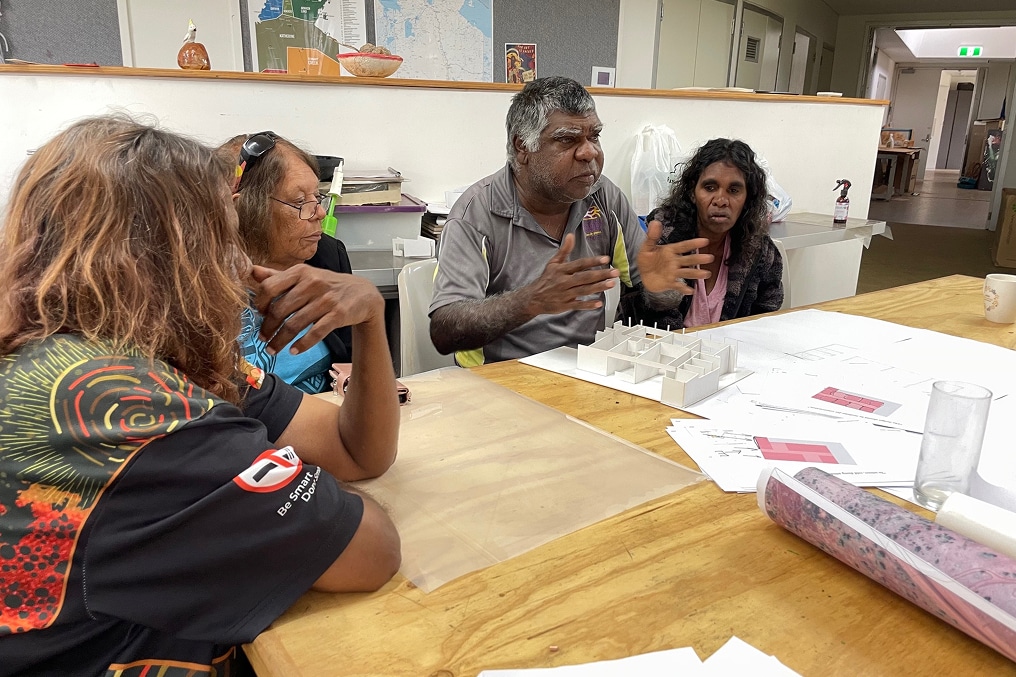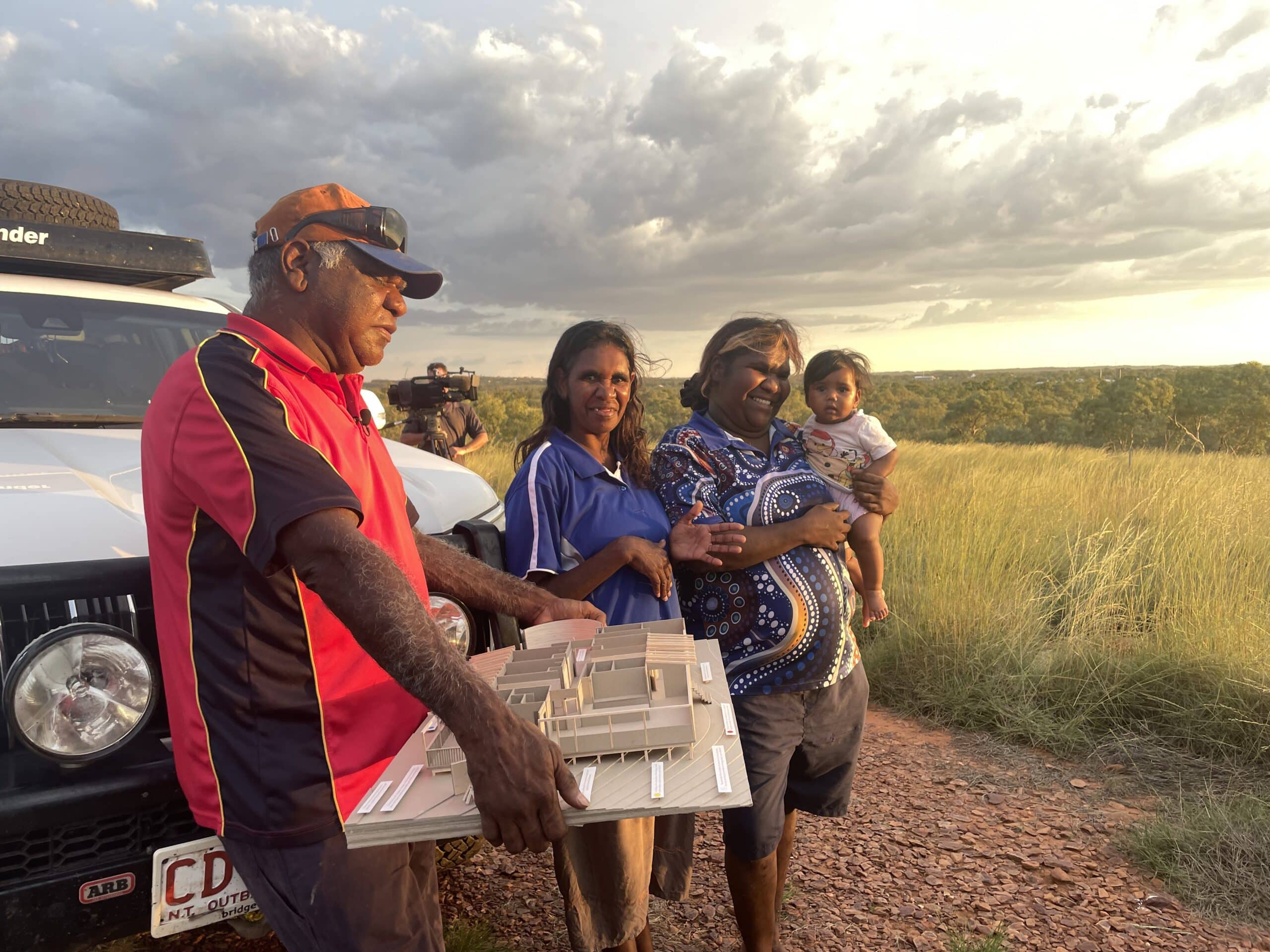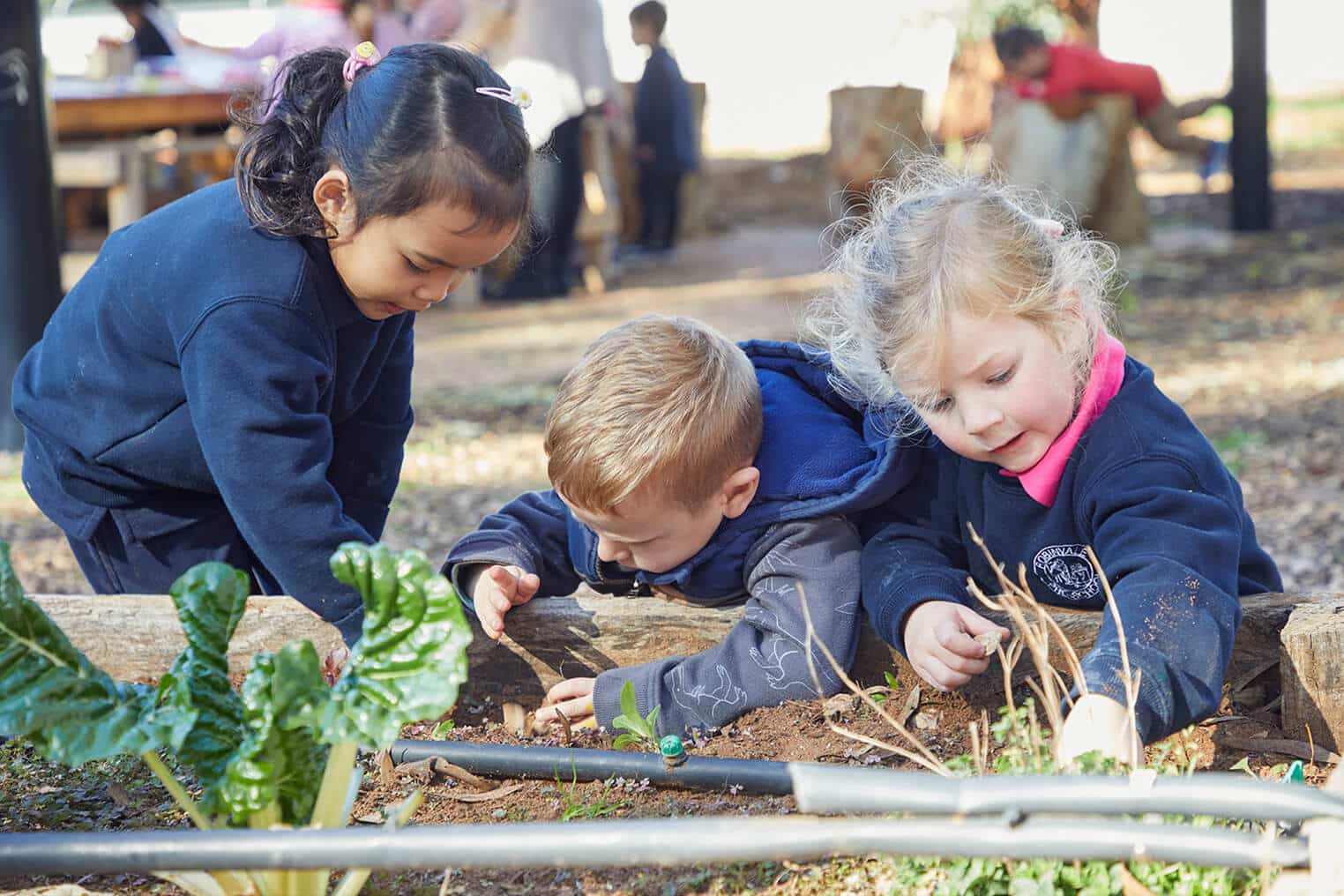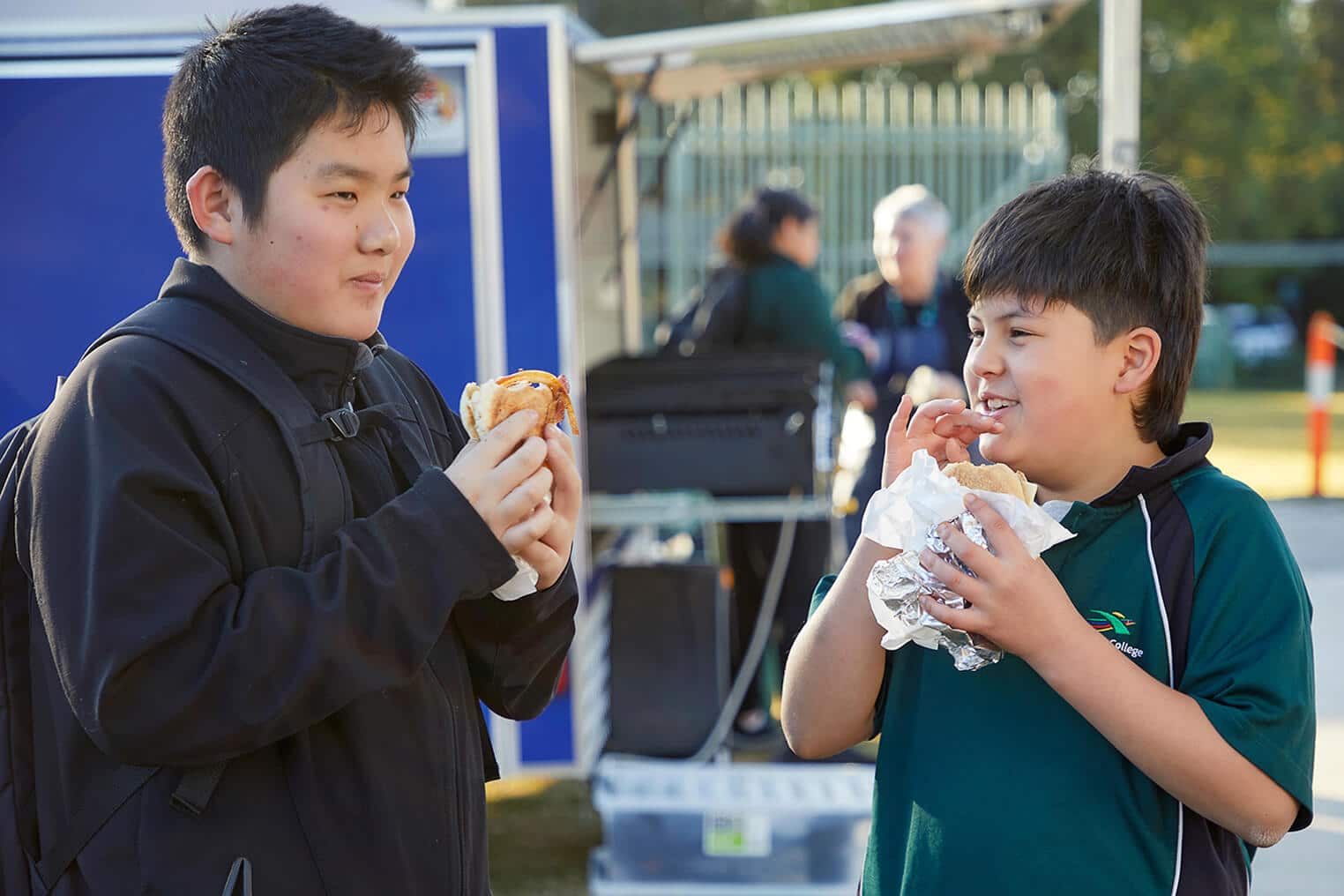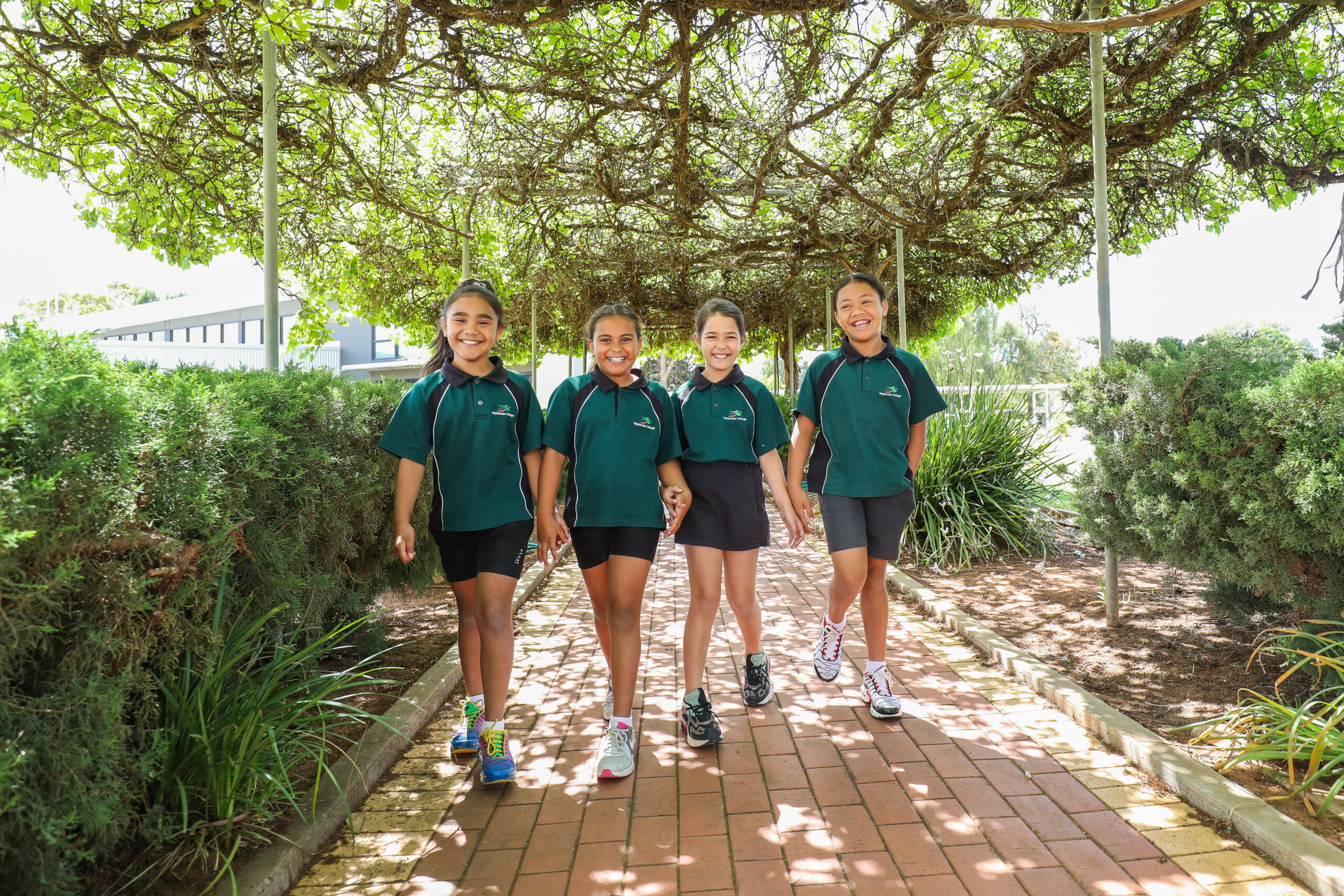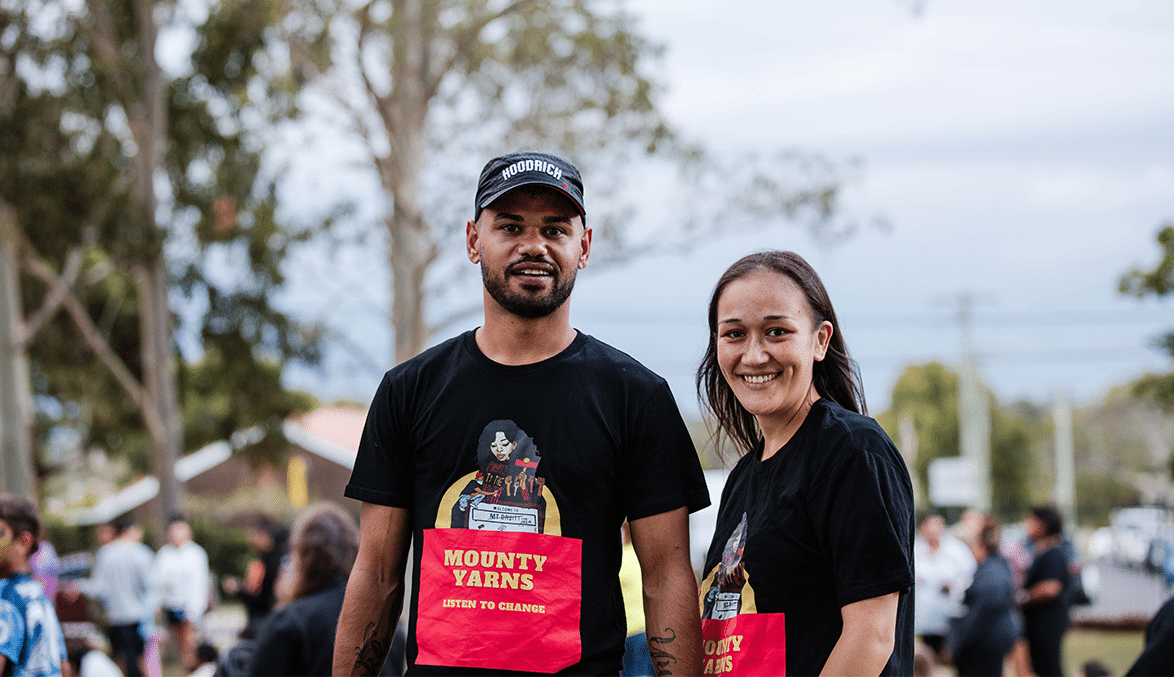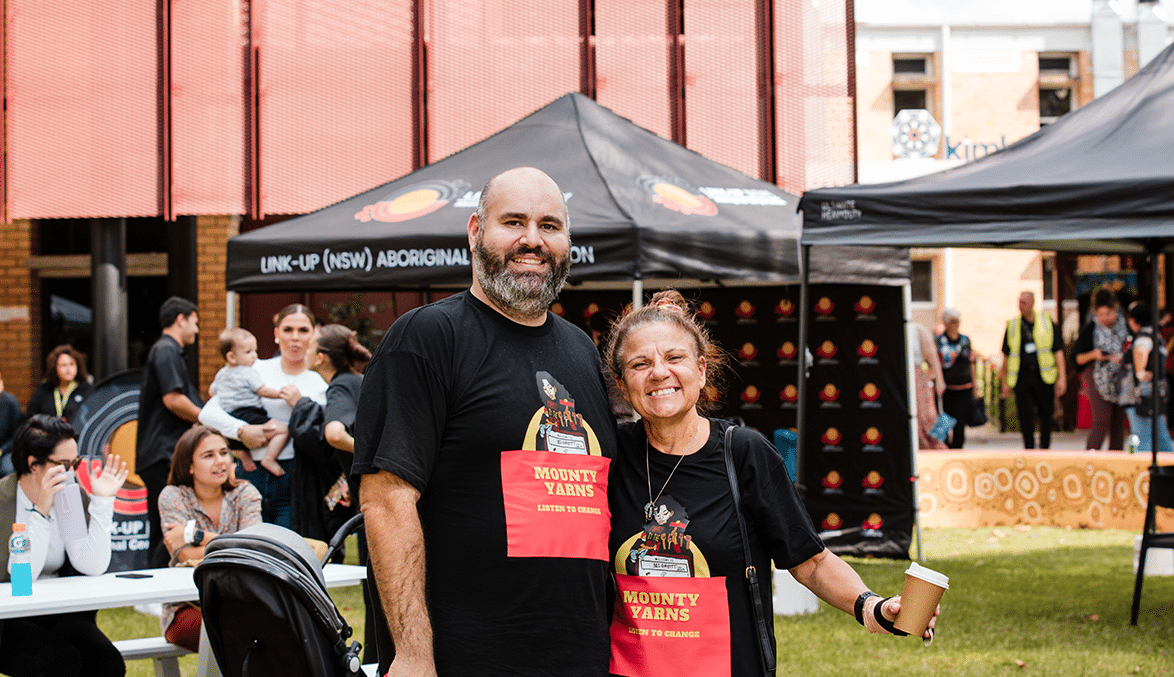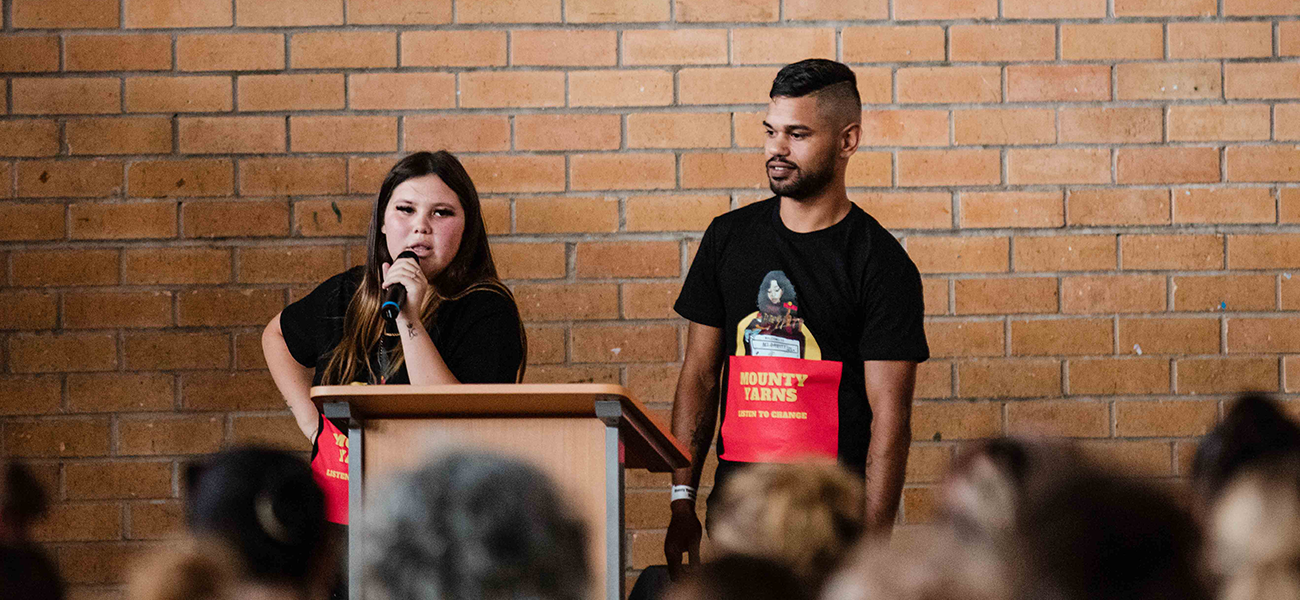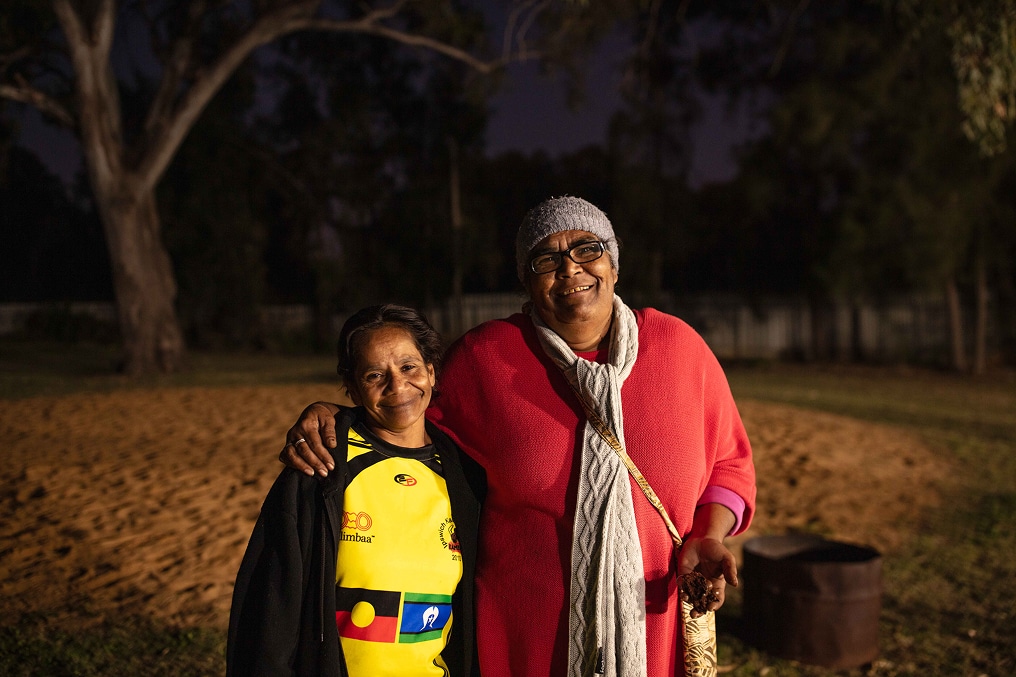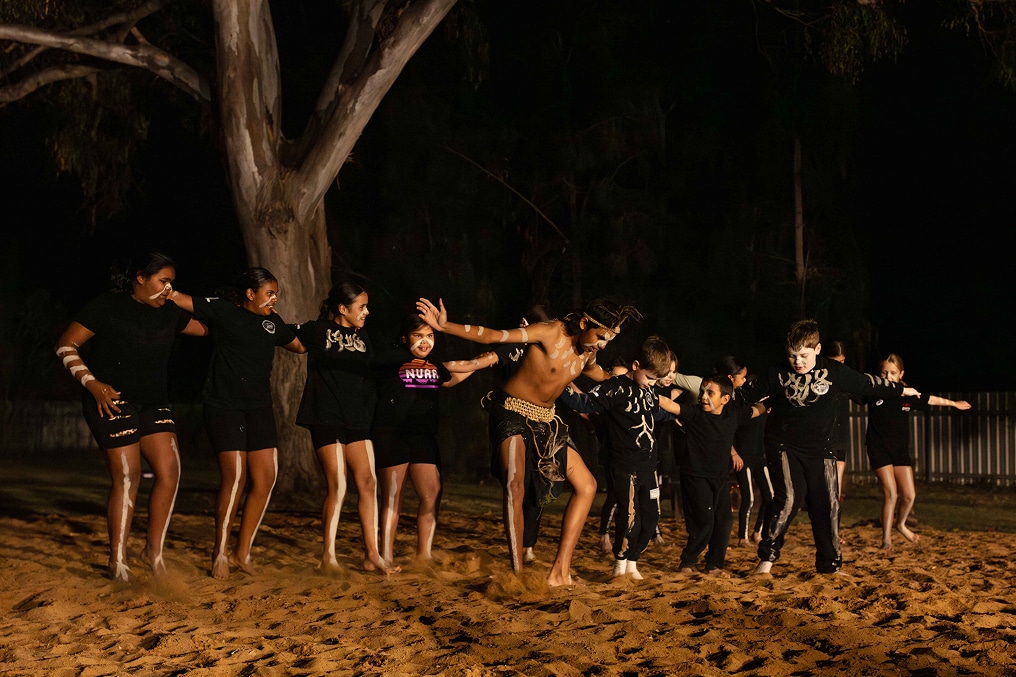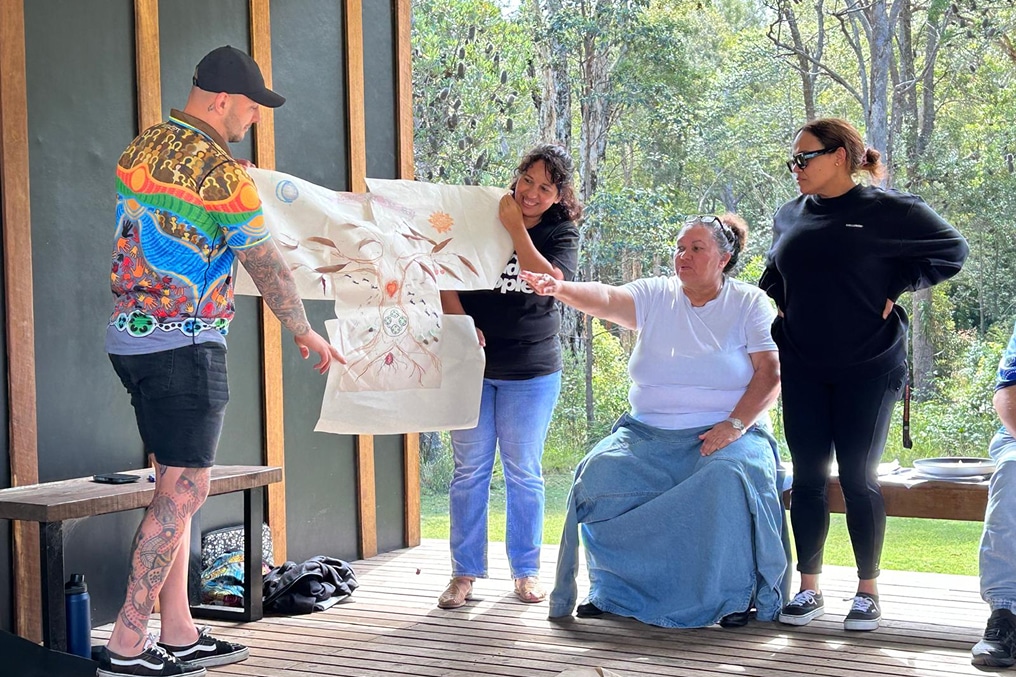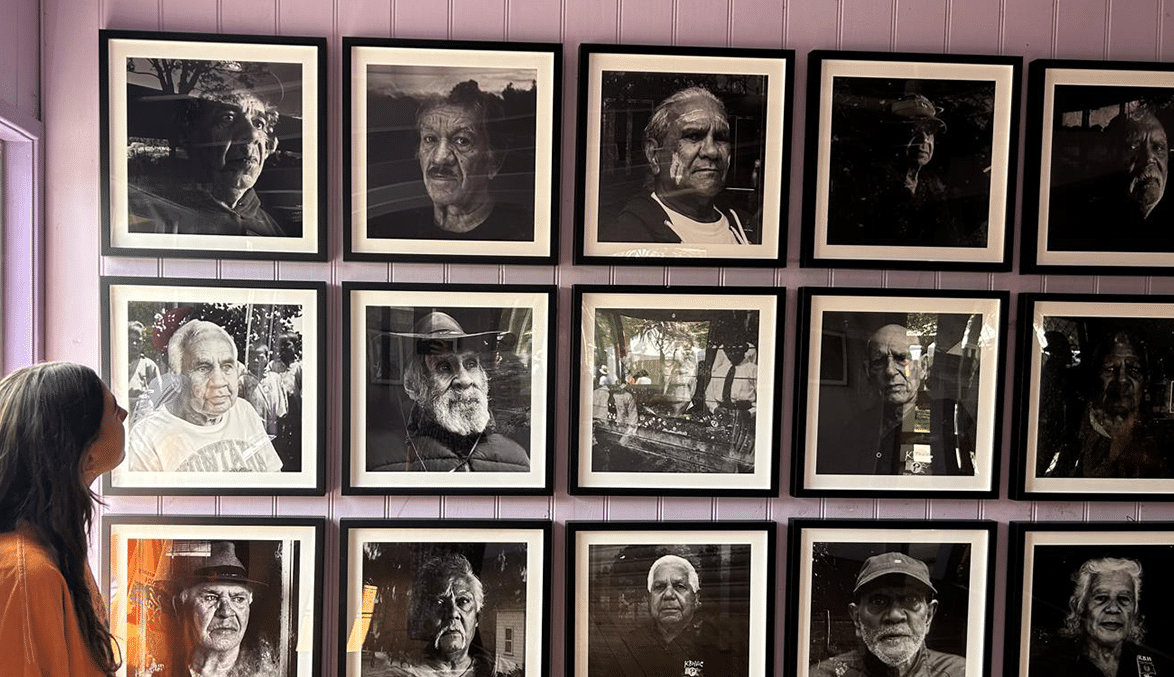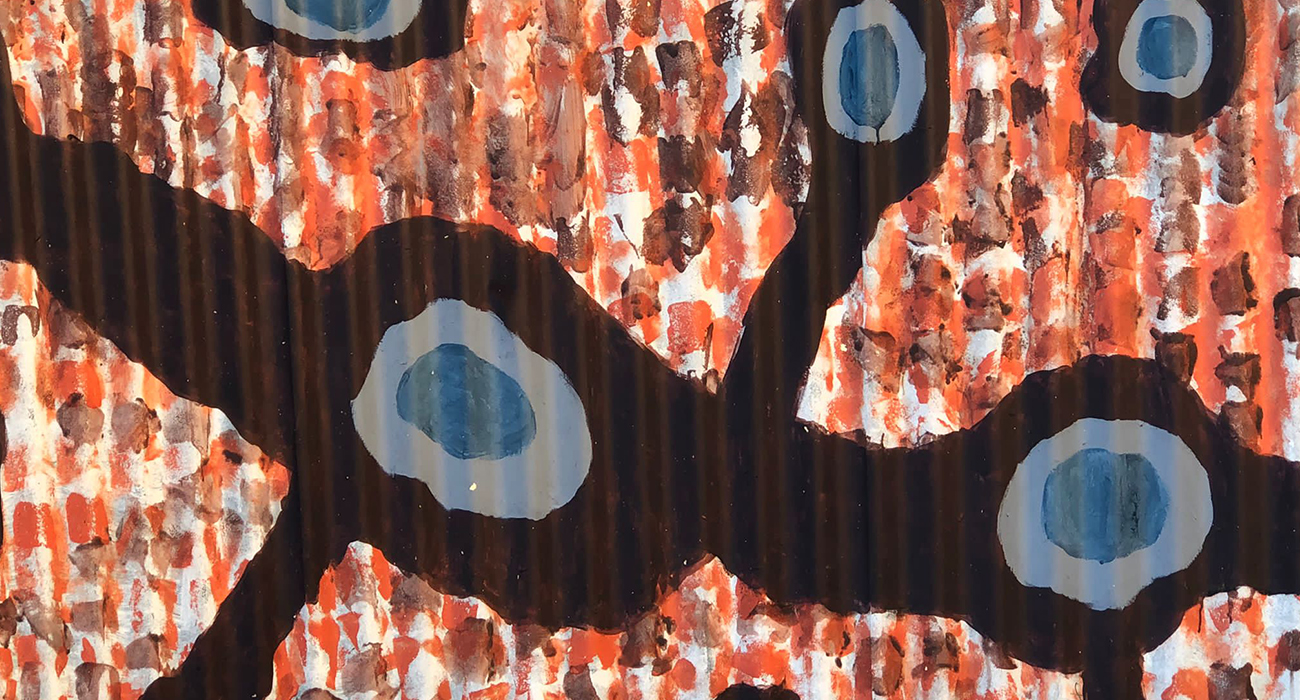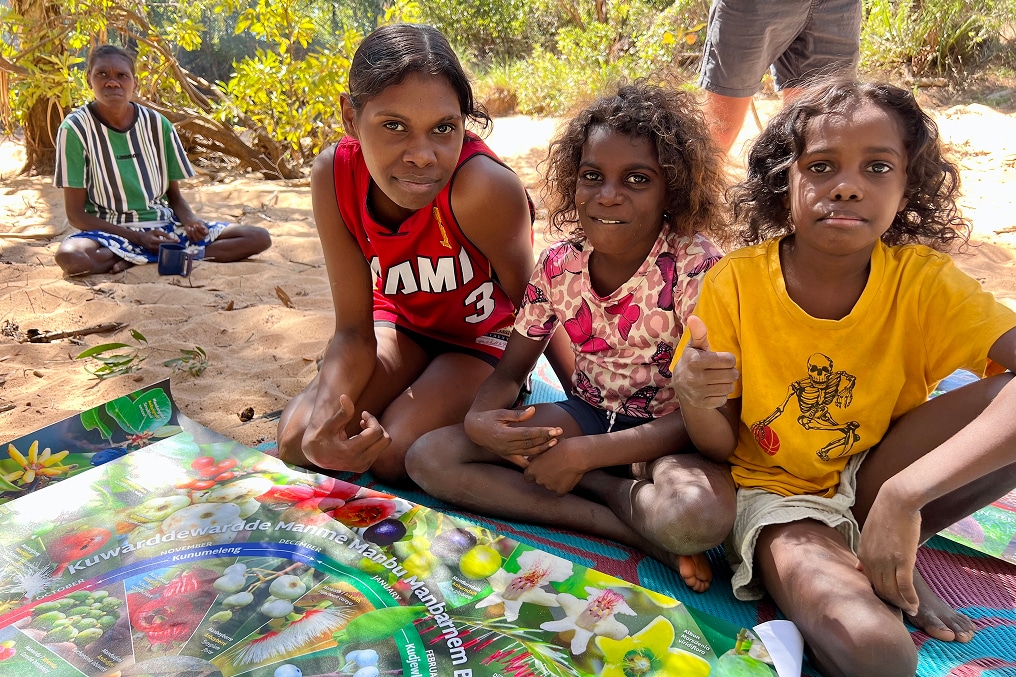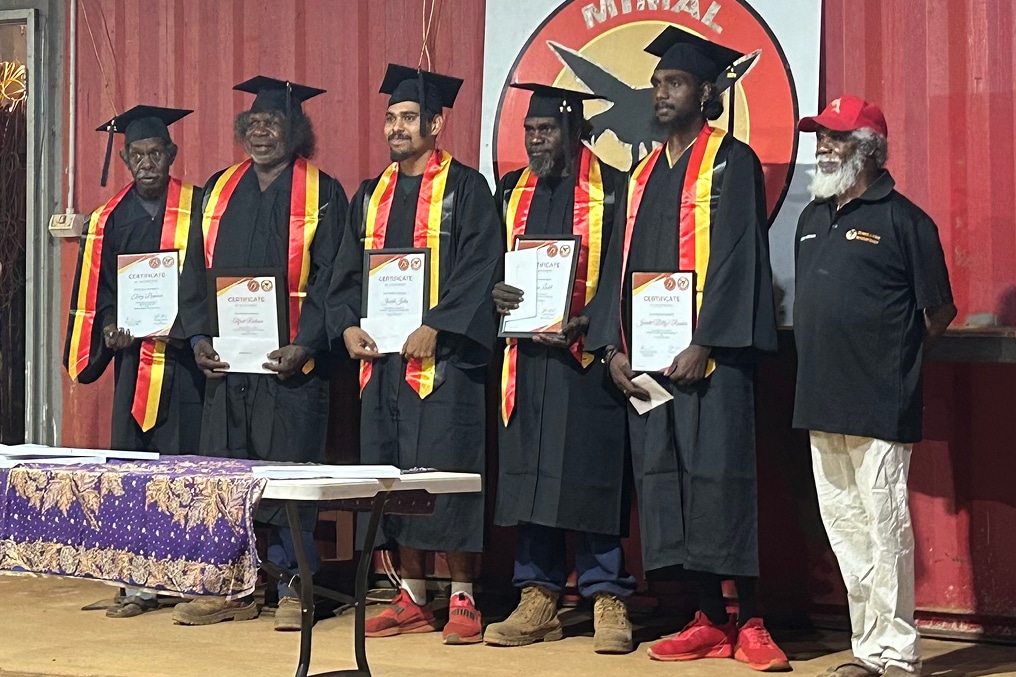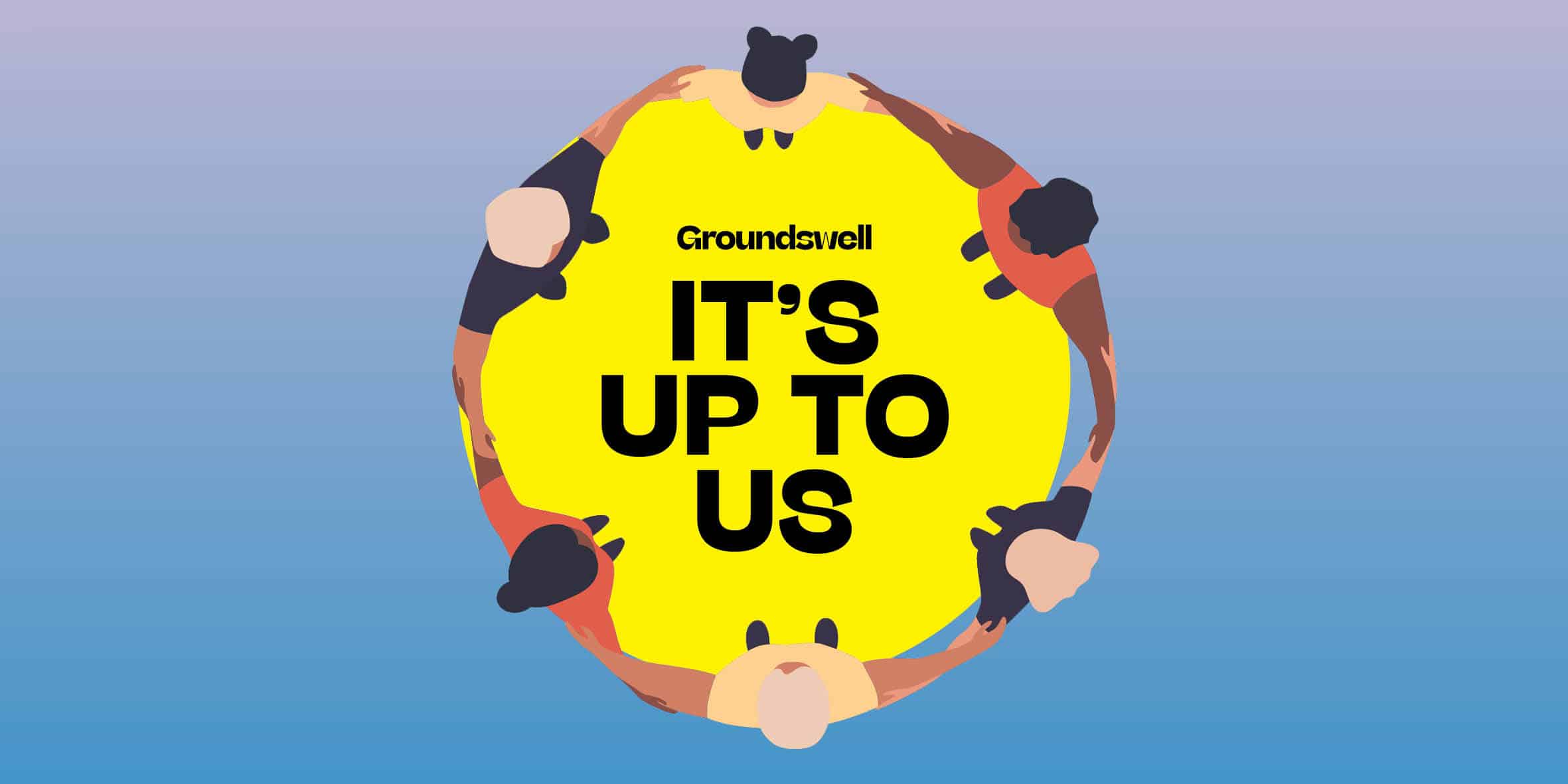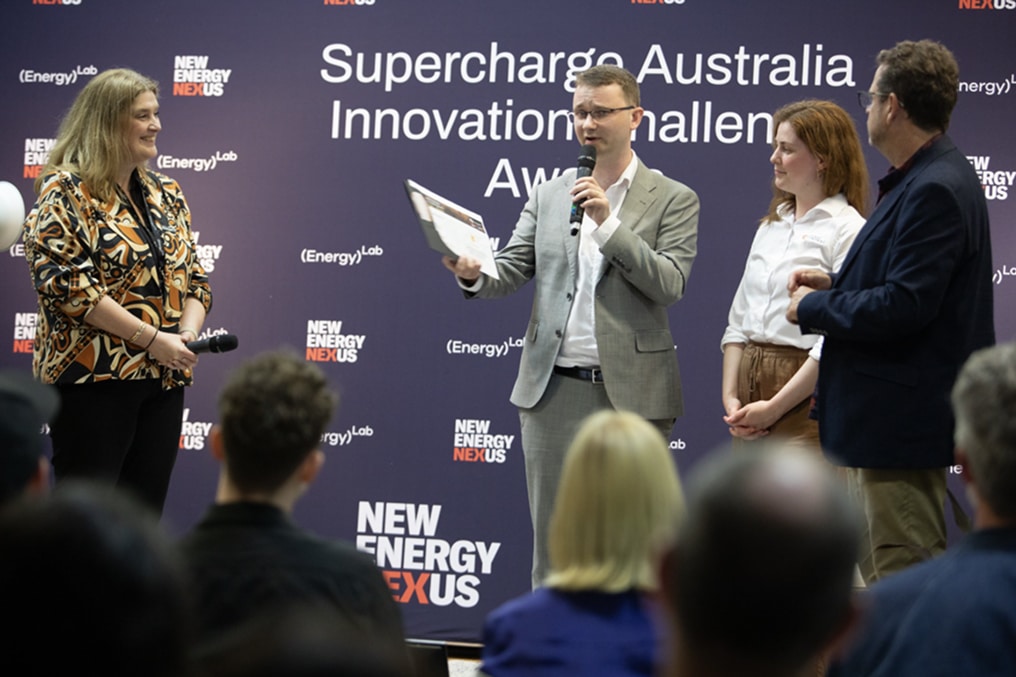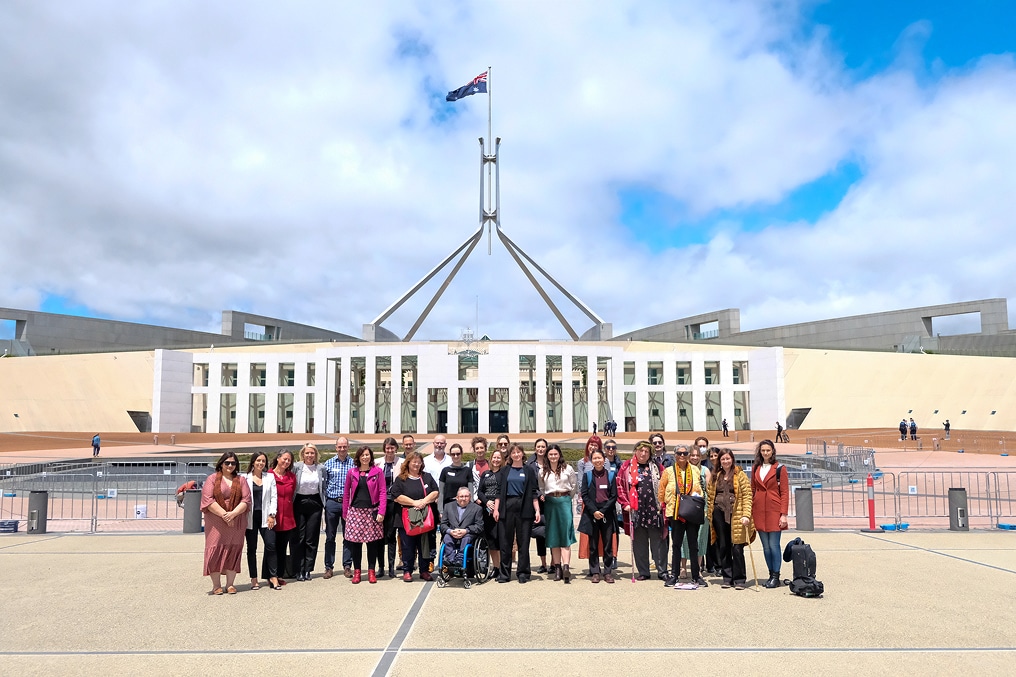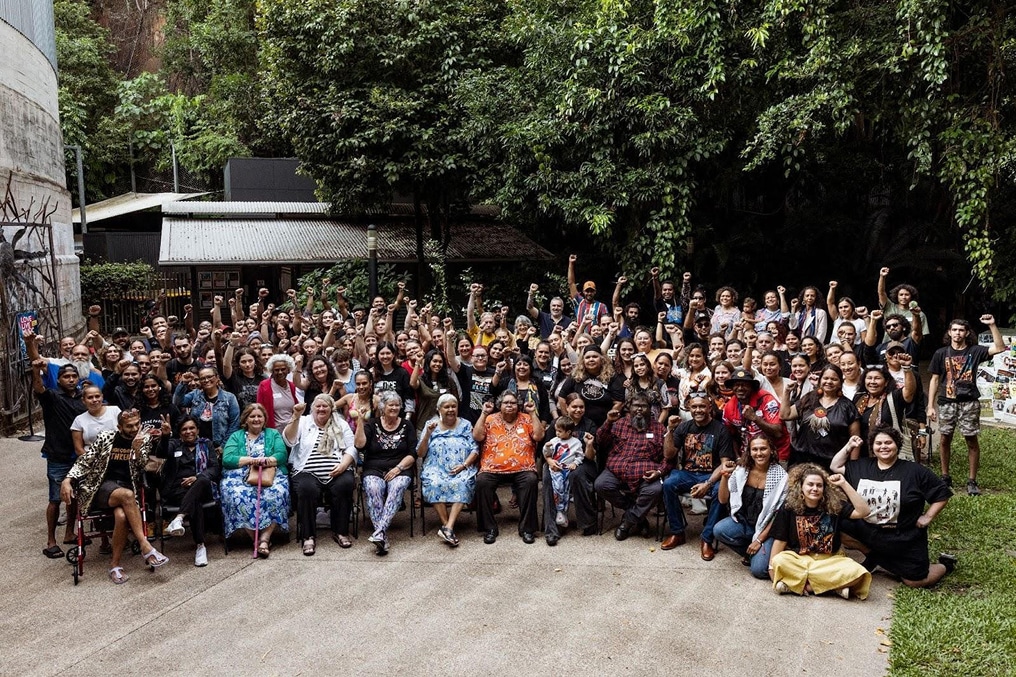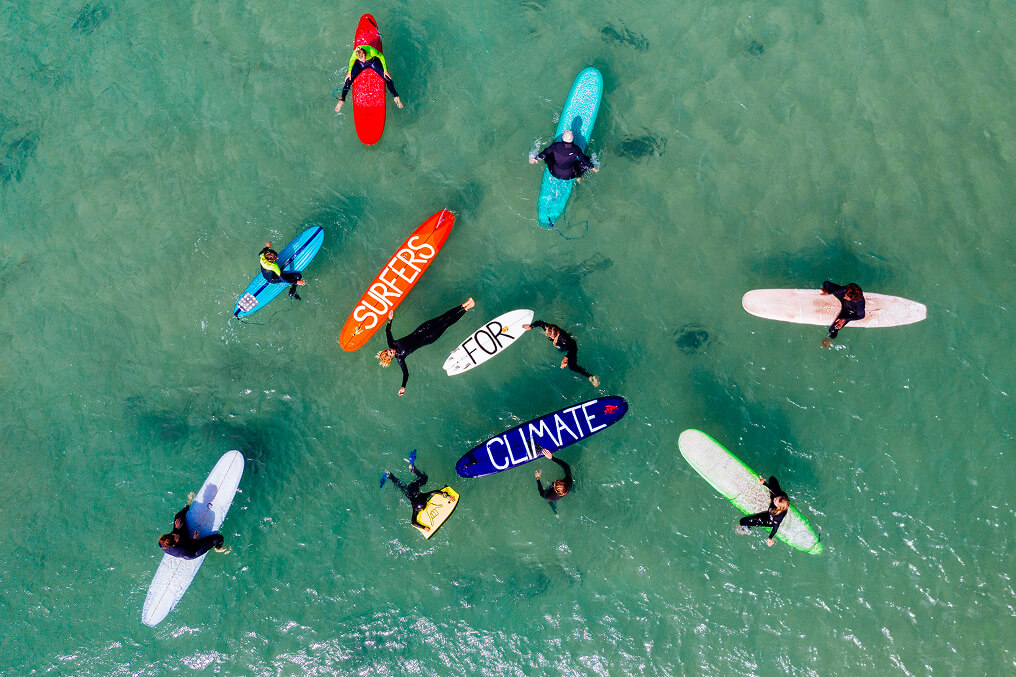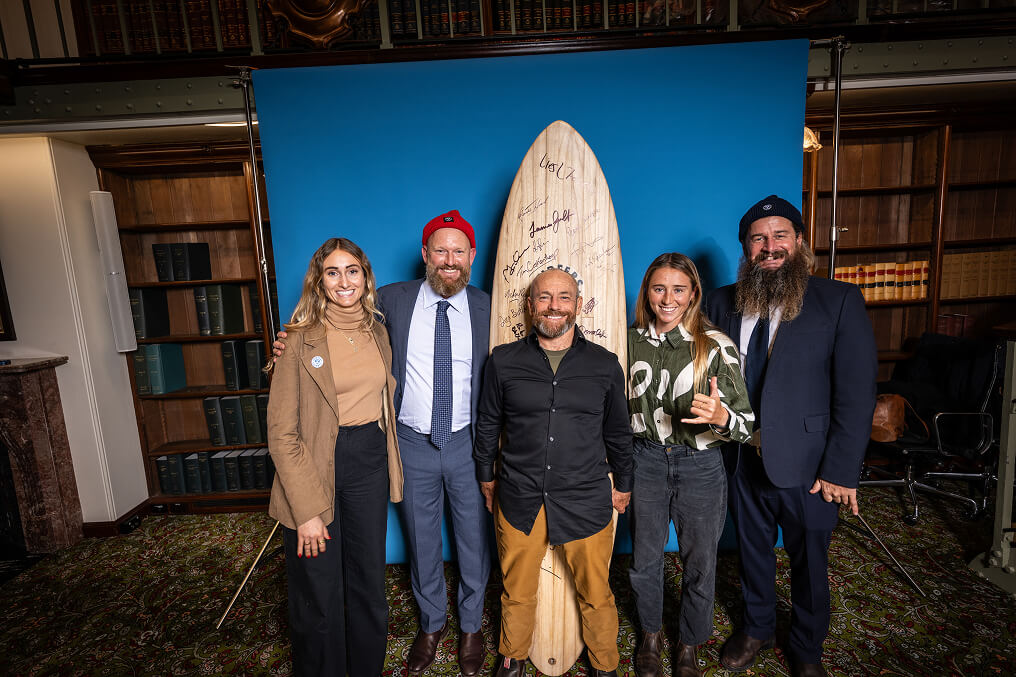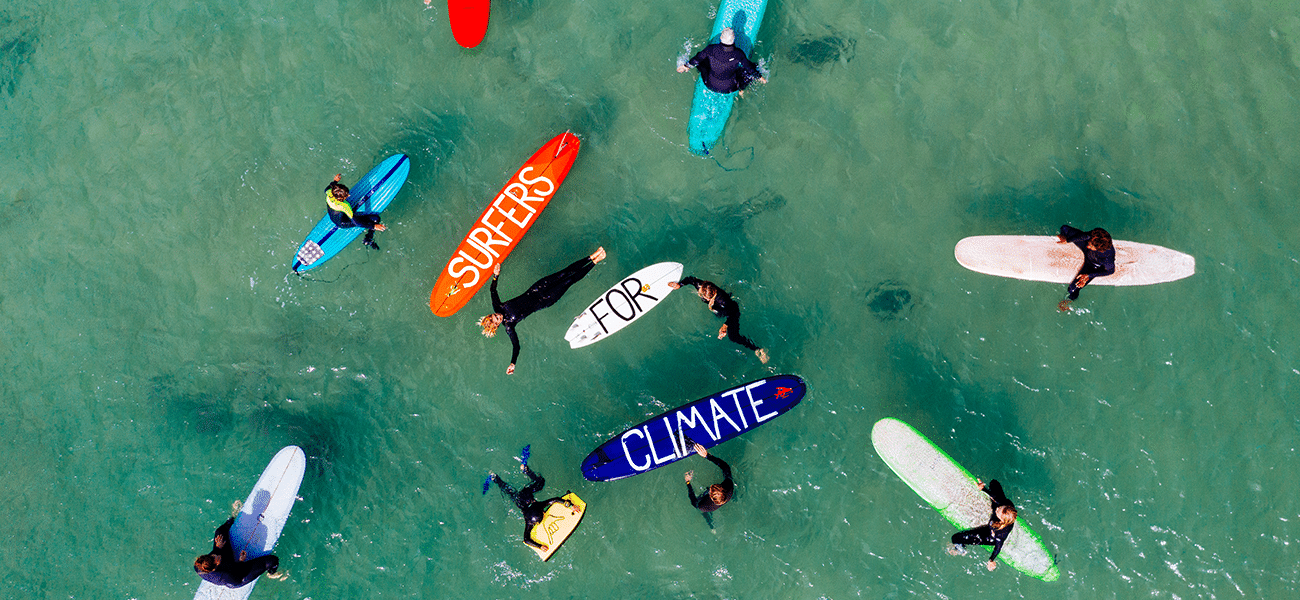These are communities that are facing profound struggles. However, it is the stories of their equally profound responses to those struggles that hold the power to reshape hardship into narratives of hope.
“Once these stories begin to be told we can listen for the moments of change, the times when people are moving their lives in positive directions. By listening and through our questions, we can assist people to tell their stories in ways that make them stronger.”
Aunty Barbara Wingard of the Dulwich Centre in Adelaide.
Why Narrative Practice?
Narrative Practice centres people as the experts in their own lives. It encourages the telling and re-telling of stories to inspire hope and foster healing.
When Dusseldorp Forum’s Executive Director, Teya Dusseldorp, attended an international gathering of Narrative Practice practitioners in Rwanda, she witnessed the transformative power of narrative techniques in community building and healing of collective trauma. Inspired by this experience, Teya reached out to leading Narrative Practice practitioners, David Denborough and Tileah Drahm-Butler, from South Australia’s Dulwich Centre, to explore how these skills might deepen community connections and contribute to new narratives in community-led, place-based initiatives in Australia. The Dulwich Centre’s work is particularly relevant, as it has adapted Narrative Practice to an Aboriginal context through the efforts of Aunty Barbara Wingard and other First Nations practitioners trained at the Centre.
The result is the Narrative Practice Project, a series of travelling workshops with Dusseldorp Forum’s partners in Mt Druitt, Bourke and Kempsey, designed to equip them with Narrative Practice approaches and skills that they can take back to their own communities. These skills will help develop new community and youth engagement techniques, supporting them to tell their own stories of change.
The Workshops
The Narrative Practice Project launched in May with our first workshop held in Western Sydney, hosted by our partners Mounty Aboriginal Youth and Community Services, Mt Druitt. The sessions were rich with insight and learning, especially through techniques like double listening, which focuses on drawing out the strengths in people’s stories. It highlighted how much is missed when we focus solely on the problem.
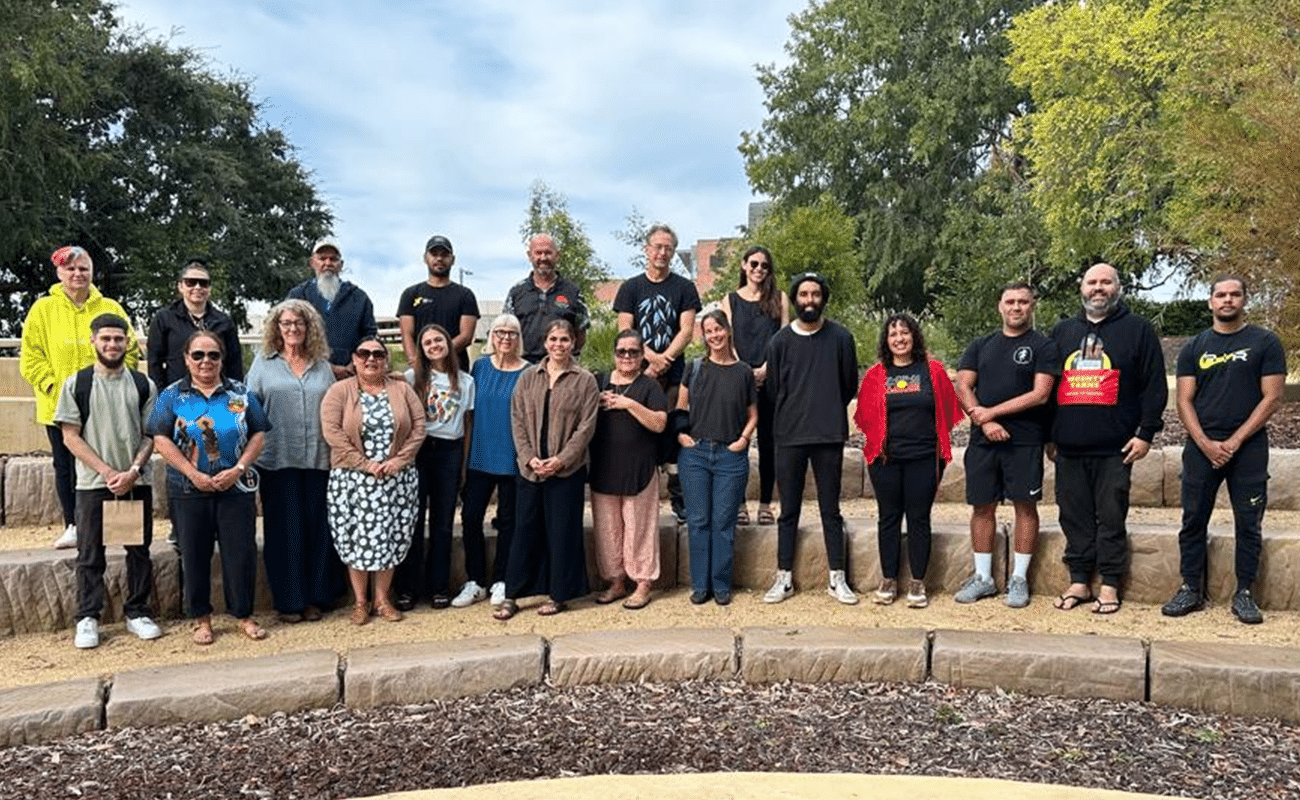
We explored tools like the Album of Life, which uses music as a universal language to connect. Participants created Letters to Problems, and shared poems and songs that resonated deeply. A key part of the workshop was engaging in outsider witnessing, a practice that allows individuals to share their stories and hear them reflected back with a focus on the strengths and values embedded in their experiences. This process not only reframes personal narratives but also builds a collective sense of resilience and possibility within the community.
The Mounty Yarns, Mt Druitt team, at the centre of the outsider witnessing circle, reminded us that meaningful change is possible, even in the face of ongoing injustice. For the Mounty team, it provided an invaluable moment for reflection.
“It gave me hope, because while it’s hard, you see that change is achievable. There are so many barriers, and it sometimes feels like no progress is being made. But hearing those stories made me feel that change is possible.”
Chonny Shore, Learning the Macleay
Participants shared how vital it was to connect with other communities. They spoke about the natural ease and camaraderie that developed—describing it as a “family affair” where everyone felt relaxed, welcomed, and at ease. This openness created space for meaningful conversations, where acknowledging differences became an opportunity to celebrate strengths. Sharing similar experiences made it easier to open up, fostering deeper connections.
The second workshop in July brought these initiatives together in Bourke, NSW, a place that has been at the forefront of replacing harmful narratives about their town with stories of strength and community leadership.
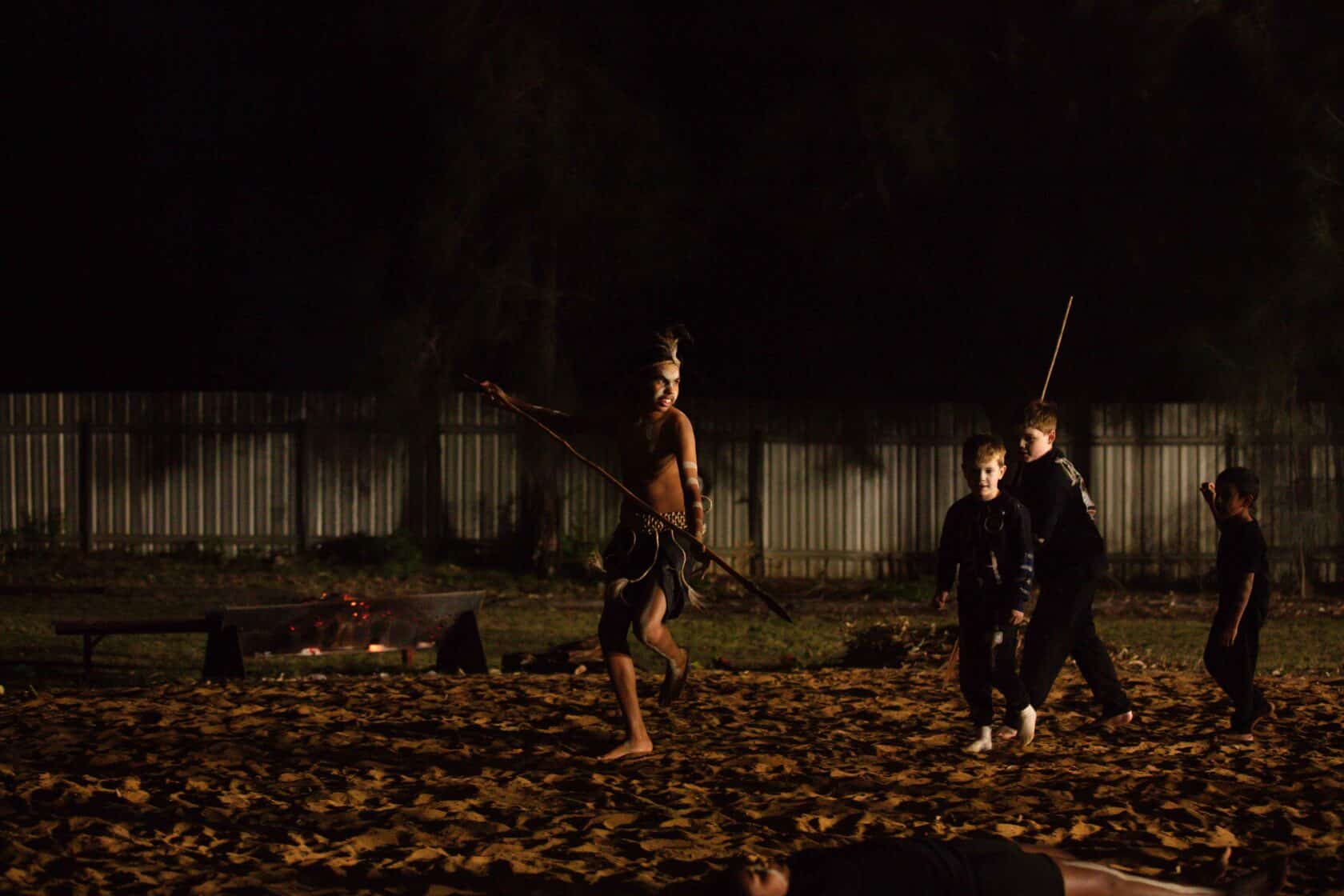
Hosted by Maranguka and the Men’s Space, the visit was grounded in a cultural trip to the Brewarrina Fish Traps, an evening of fire, dance and song led by the Youth Cultural Dance Group and shared meals with community at the Men’s Hub that allowed participants to gain a deeper understanding of Bourke’s people and the stories they hold.
We were especially excited about the inclusion of the Moree Just Reinvest team in the Bourke workshop. Their participation added fresh perspectives and reinforced the collaborative spirit of the project.
A key feature of these workshops was the integration of the Tree of Life narrative approach. This creative tool enables people to share empowering stories about their lives, grounded in their cultural and social histories.
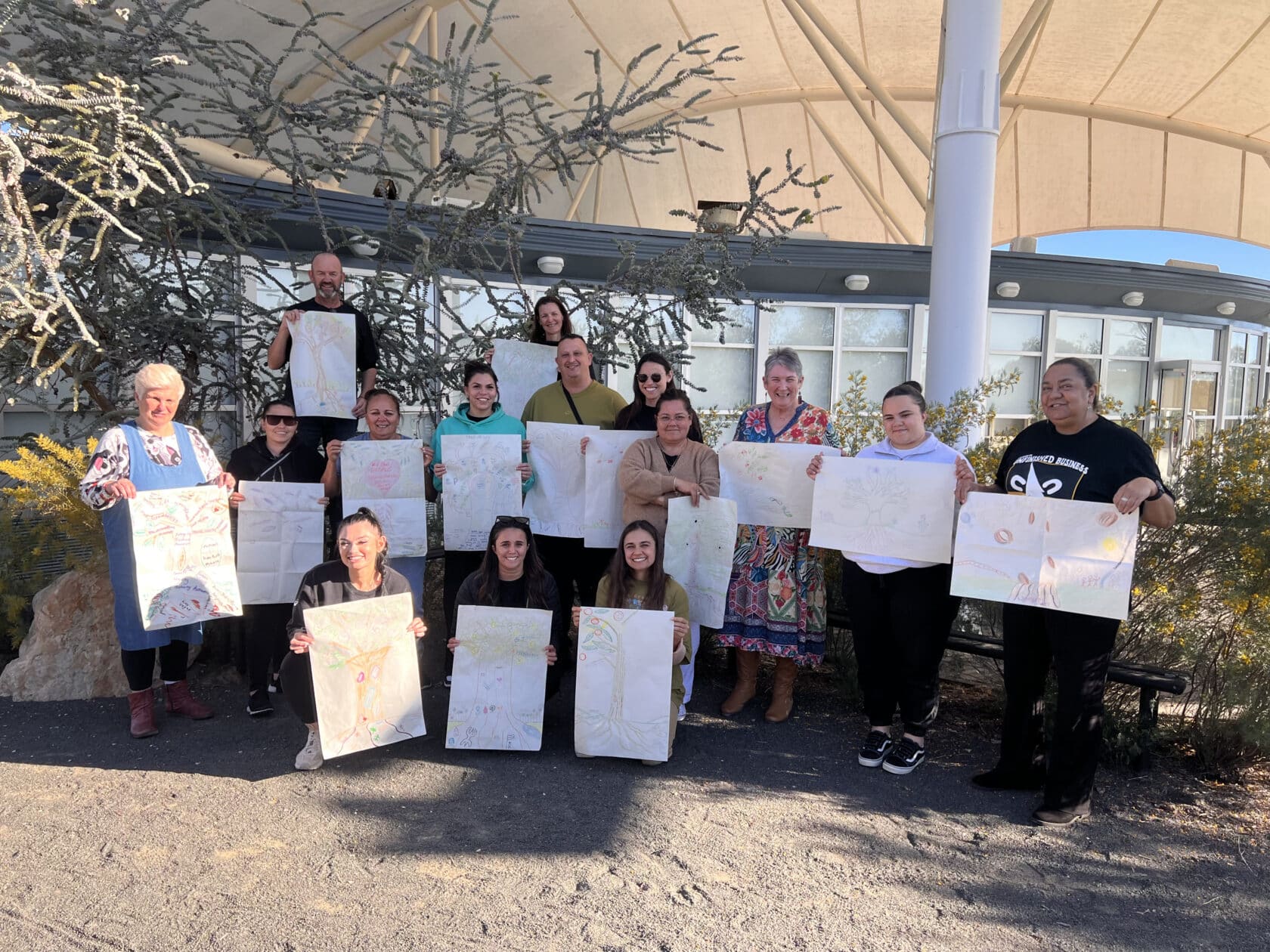
The group also practiced the Letter to a Problem technique crafted here by Mekayla from Moree, Just Reinvest NSW, in her Letter to a “Disrespectful” Young Person.
The letter doesn’t scold or shame; instead, it invites the young person to see their actions from a new perspective. This simple yet profound practice exemplifies the essence of narrative practice—empowering people to rewrite their stories in ways that make them stronger.
What’s Next?
The third workshop is set to take place in Kempsey, hosted by Learning the Macleay, where we will continue to build on the foundations laid in Mt Druitt and Bourke.
A key goal of these workshops is to grow and deepen connections between the communities so they can learn together and support each other. By sharing their knowledge, skills, and stories, they are changing the narrative of what is possible for people, families and communities. As the project continues, we hope to see these connections flourish and stories shared that ripple out, spreading the work of these strong, resilient communities, each with its own unique narrative of hope and possibility.
